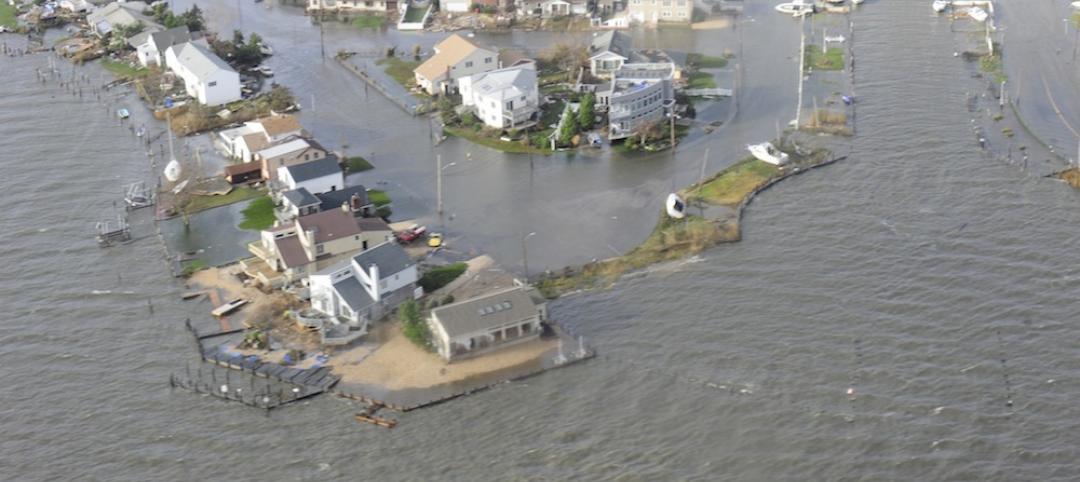The construction industry and real estate development could be hampered by the U.S. Congress’s failure to renew the Terrorism Risk Insurance Act (TRIA).
Insurance industry experts say without federal terrorism reinsurance in place for 2015, resulting canceled property/casualty insurance coverage and market chaos could be disruptive to the economy.
"A major terrorist attack occurring without a TRIA law on the books will be far more disruptive to the U.S. economy than one where TRIA is in place," saidInsurance Information Institute President Robert Hartwig. “Terrorism insurance policies are going to lapse in 2015, and insurers will be under no obligation to renew them, adversely impacting the construction, energy, and real estate industries, among others.”
Federal terrorism reinsurance had helped stabilize the market in the wake of the Sept. 11, 2011 terrorist attacks, and it had been renewed several times since. There was widespread bipartisan support for TRIA renewal, but retiring U.S. Sen. Tom Coburn, an Oklahoma Republican, held up passage. Coburn objected to a measure included in the bill that would have set up the National Association of Registered Agents and Brokers, an entity that would have potentially bypassed state regulators.
One positive sign: A.M. Best said it “has determined that no rating actions on insurers previously identified as over-reliant upon [TRIA] are necessary at this time.” The rating agency said it reviewed action plans from insurance carriers addressing what they would do if TRIA was not renewed and concluded that “sufficient mitigation initiatives were developed to avoid a material impact on a rating unit’s financial strength.”
(http://www.insurancejournal.com/news/national/2014/12/18/350561.htm)
Related Stories
Codes and Standards | Dec 21, 2015
Changing building codes to protect against mass shootings at odds with other safety measures
Fire and other emergencies require getting people out quickly, not locking down sections.
Codes and Standards | Dec 18, 2015
Codes should be updated to reflect lessons learned from recent extreme weather events
More can be done to boost resiliency to flooding, extended power outages.
Codes and Standards | Dec 13, 2015
Los Angeles launches ‘Drop 100′ campaign to reduce water use in commercial buildings
Goal is to save 100 million gallons annually.
Codes and Standards | Dec 1, 2015
More than 50 design, construction, and real estate firms urge action on climate change
Call for policymakers to move on one of the ‘greatest economic opportunities of the 21st Century’
Codes and Standards | Oct 26, 2015
Chicago suburb considers bird collision deterrent requirement on all new buildings
The rule would mandate that new commercial, multifamily structures comply with LEED pilot program.
Codes and Standards | Oct 16, 2015
Anchorage may raise building height restrictions that would block precious winter sunlight
Controversial measure is part of plan to spur development.
Codes and Standards | Oct 16, 2015
Appellate court enacts nationwide stay on controversial expansion of Clean Water Act
New EPA rule suspended until court cases settled.
Codes and Standards | Oct 9, 2015
New California law means commercial building benchmarking program will be implemented
Multifamily housing to be included, a first for a U.S. state.
Codes and Standards | Oct 2, 2015
New ASHRAE guideline for commissioning existing systems and assemblies
Focuses on optimum facility and system operation.
Codes and Standards | Sep 18, 2015
New RELi standard addresses disaster resilience
Based on LEED model, may help lower insurance rates
















